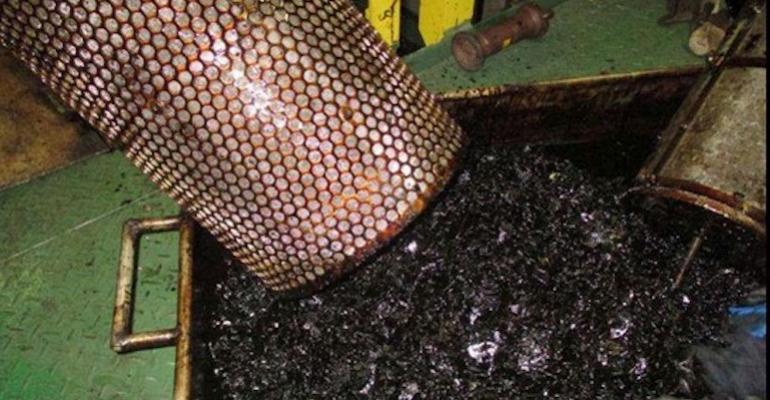The latest reports follow a number of incidents notified during the second week of July. In details released yesterday VPS indicates that a total of 14 ships have received contaminated fuel which has caused some form of damage to auxiliary engines and fuel delivery systems. Twelve of the vessels took bunkers on board in Houston; two received fuel in Singapore.
Earlier, VPS had reported that 11 ships had suffered operational issues, including loss of power and propulsion at sea, following bunker deliveries from a single supplier in Houston a few weeks ago. The effects resulted from fuel leakage in the injection control unit and fuel pumps not being able to develop the required fuel pressure, affecting only auxiliaries, not main engines.
The contaminants identified by VPS are di-hydro dicyclopentadiene (chemical CAS number 448-57-7) and tetra-hydro dicyclopentadiene (chemical CAS number 6004-38-2. Concentrations of between 0.3% and 0.7% were found in the fuel deliveries that were analysed.
These unsaturated chemical compounds can polymerise and oxidise under certain conditions, although these processes can be reduced by certain inhibitors that are typically found in fuel oil. If they do polymerise, they become more viscous and sticky, inhibiting the movement of moving components such as fuel pump plungers and fuel injector spindles.
Ceased fuel pump plunger 
VPS noted that in addition to the 14 ships where damages had been reported from burning the fuel, a further 18 vessels had received the contaminated fuel from 13 additional suppliers. However, operators of these ships had either seen no adverse reactions or did not provide feedback on any damages. The total volume of fuel delivered to the 32 ships was 61,494 tonnes, VPS said.
VPS specialises in marine fuel management and operates a global network of customer service offices. The firm has specialist fuel laboratories in Singapore, Rotterdam, Oslo, Houston, and Fujairah.
Copyright © 2024. All rights reserved. Seatrade, a trading name of Informa Markets (UK) Limited.
Add Seatrade Maritime News to your Google News feed.  |

